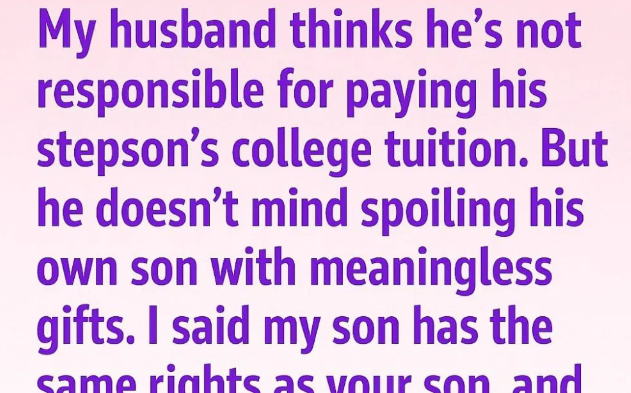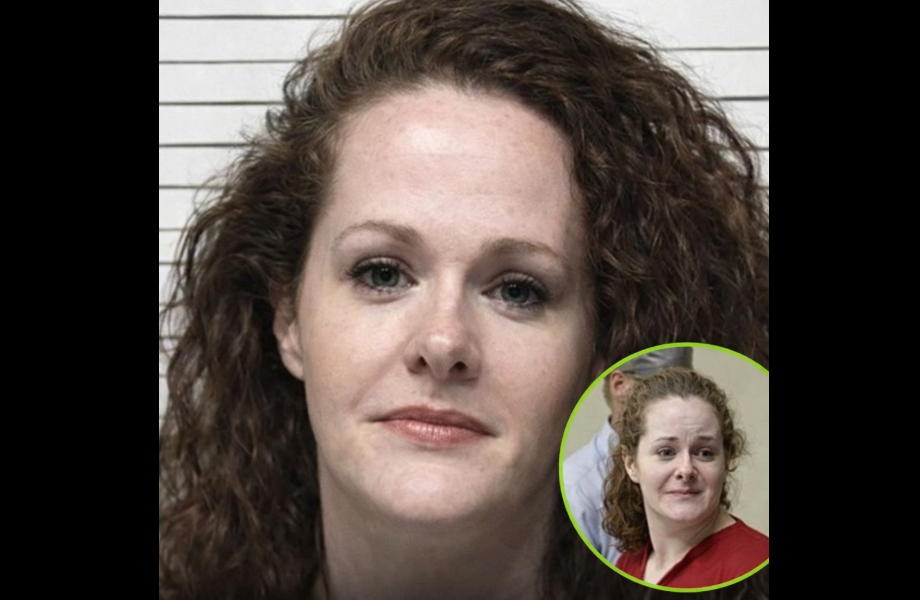Paul and I have shared fifteen years of marriage, building a life together with love and commitment. Paul has a teenage son from his previous marriage, while I have an 18-year-old son, Jude, from an earlier relationship. Over the years, Paul and Jude have forged a strong bond, filled with warmth and support. Paul has been a dedicated stepfather, assisting Jude with homework, attending school events, and celebrating his achievements with pride.
I’ve always believed that mutual respect and empathy form the cornerstone of our blended family’s harmony. However, a recent challenge tested this foundation. With Jude preparing to start college this year, the steep cost of tuition loomed large. Hoping to share the financial responsibility, I approached Paul to discuss splitting the expense. His refusal caught me off guard, leaving me stunned.
Instead, Paul shared his plan to buy a car for his son’s sixteenth birthday. Seeking to find common ground, I explained, “Paul, a car is a wonderful gift, but Jude’s education holds the key to his future. He deserves the same kind of support your son receives.” Paul’s response was unexpected. He pointed out that Jude’s biological father has been inconsistent in his responsibilities. “I won’t put my son’s needs aside because Jude’s father hasn’t stepped up,” he said. “I care for Jude, but now that he’s 18, he’s no longer my obligation.”
Those words hit hard. The man who had been a pillar in Jude’s life seemed to pull away, leaving me hurt, confused, and frustrated. How could someone who had shown such care for Jude suddenly step back?
Over the next few days, I reflected on my options. While I couldn’t force Paul to contribute, I was determined to secure Jude’s future. I reached out to supportive family members and explored student loans, grants, and scholarships to ease the financial burden.
Jude and I also had a heartfelt conversation about preparing for college expenses. Through this, I realized the issue wasn’t solely about money—it was about communication and expectations. I approached Paul again, calmly expressing my perspective. “I understand your desire to provide for your son,” I told him, “but it feels unfair to overlook Jude, especially after the role you’ve played in his life. Your relationship with him could suffer if you step away now.”
While our conversation didn’t resolve everything immediately, it opened the door to further dialogue. Paul agreed to reconsider and explore ways to support Jude without feeling he was neglecting his own son. This experience taught me that blended families thrive on continuous communication, especially when navigating financial matters. Fairness, openness, and honest conversations are as vital as love and care. I remain hopeful that our family will move forward, guided by Jude’s best interests, as we navigate this challenging time.






